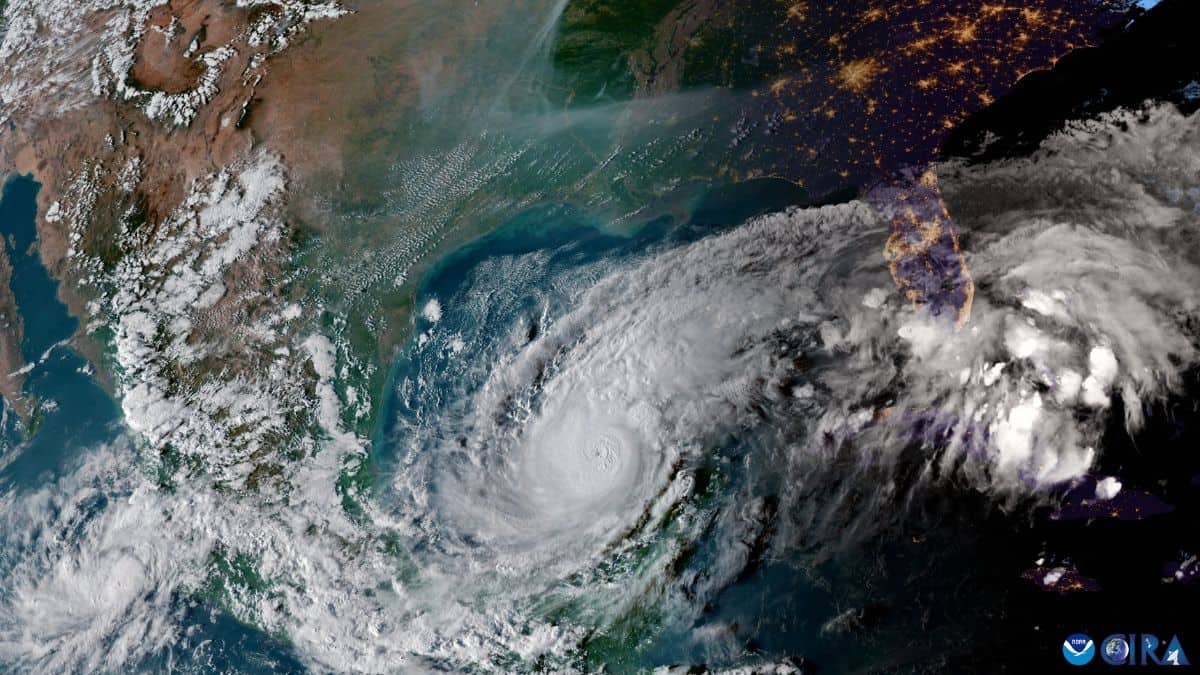As the hurricane season progresses, weather enthusiasts and residents alike are keenly observing the path of storms that threaten coastal regions. One of the storms currently capturing attention is Hurricane Milton, which has generated considerable concern among those who may be in its projected path. With its unpredictable nature and potential for rapid intensification, understanding where Hurricane Milton is going to hit is crucial for preparedness and safety. This article aims to provide insights into the trajectory of Hurricane Milton, its possible impacts, and the regions that may be affected.
Hurricanes are among nature’s most formidable forces, capable of causing devastating damage to infrastructure, homes, and natural ecosystems. As meteorologists analyze the data on Hurricane Milton, updates are crucial for residents in vulnerable areas. Knowing where Hurricane Milton is going to hit can make a significant difference in planning and response efforts. This article will explore the latest forecasts, potential landfall areas, and the overall implications of the storm's path.
In addition to tracking the storm's movement, it is essential to stay informed about safety measures and evacuation protocols. Understanding where Hurricane Milton is going to hit can help communities and families prepare effectively, ensuring their safety and well-being during this unpredictable weather event. Read on for a comprehensive overview of Hurricane Milton's journey and the best practices for staying safe.
What is the Current Status of Hurricane Milton?
Before delving into where Hurricane Milton is going to hit, it is important to understand its current status. As of the latest updates, Hurricane Milton has been classified as a Category 2 storm, with maximum sustained winds recorded at approximately 100 mph. The storm is moving west-northwest at a speed of 10 mph, and meteorologists are closely monitoring its behavior as it approaches land.
Where is Hurricane Milton Expected to Hit?
The trajectory of Hurricane Milton is still being determined, but models indicate that it may make landfall along the southeastern coast of the United States. States such as Florida and Georgia are currently in the projected path, and residents are advised to stay alert for further updates. The exact location of landfall will largely depend on the storm's intensity and any potential shifts in its path.
How Can Residents Prepare for Hurricane Milton?
Preparation is key when a hurricane is on the horizon. Residents in areas that may be affected by Hurricane Milton should take the following steps:
- Stay informed by following local weather forecasts and advisories.
- Stock up on essential supplies, including non-perishable food, water, and medications.
- Create an emergency plan that includes evacuation routes and communication strategies.
- Secure outdoor items that may become projectiles in high winds.
What Areas Are Most at Risk from Hurricane Milton?
Certain areas are more vulnerable to hurricane impacts than others. Coastal regions, especially those with low elevation, are at higher risk for storm surges and flooding. Key locations to monitor for potential impacts from Hurricane Milton include:
- Florida's Atlantic coast, particularly the areas around Miami and Fort Lauderdale.
- The eastern coastline of Georgia, where evacuation routes may become congested.
- South Carolina, which may also experience heavy rainfall and winds.
What Should You Do If Hurricane Milton Approaches?
If Hurricane Milton approaches your area, it is crucial to take immediate action. Here are some steps to follow:
- Follow local authorities’ instructions regarding evacuation orders.
- Move to a safe location, ideally a designated hurricane shelter or a sturdy building.
- Stay indoors and away from windows during the storm.
- Keep a battery-operated radio on hand for updates.
What Are the Potential Impacts of Hurricane Milton?
The potential impacts of Hurricane Milton may vary based on its intensity and landfall location. Some expected effects include:
- Heavy rainfall leading to localized flooding.
- Strong winds that could down trees and power lines.
- Storm surges that may inundate coastal areas.
- Disruption of services, including power outages and transportation delays.
How Can You Stay Updated on Hurricane Milton's Path?
Staying updated on Hurricane Milton's path is essential for safety. Consider these sources for accurate information:
- The National Hurricane Center (NHC) provides real-time updates and forecasts.
- Local news stations often have dedicated weather teams to cover storms extensively.
- Social media platforms can also provide timely updates from official sources.
Conclusion: Where is Hurricane Milton Going to Hit?
In conclusion, understanding where Hurricane Milton is going to hit is vital for ensuring safety and preparedness. As the storm continues to evolve, staying informed through reliable sources will help residents make informed decisions. By taking proactive measures and adhering to safety guidelines, individuals and communities can mitigate the risks associated with this powerful hurricane. Remember to always prioritize safety and follow the guidance of local authorities as Hurricane Milton approaches.
Article Recommendations
- Alex Lagina And Miriam Amirault Wedding
- Wembanyama Wingspan
- William Zabka Kids Ages
- Donald Glover Sr
- Vivian Jenna Wilson Net Worth
- Traylor Howard
- 27 October Zodiac
- Nancy Mace Military Service
- Papoose New Girlfriend
- Karoline Leavitt Husband Nick


